Table of Contents
After several days of brutal sectarian clashes in southern Syria, the conflict reached a dangerous new threshold when Israel launched targeted airstrikes against Syrian government positions on July 16, 2025. Among the targets were high-profile military sites in Damascus, including the Ministry of Defense and an area close to the presidential palace. The strikes marked a significant escalation in an already volatile situation, compounding the chaos that has engulfed the region in recent weeks.
The Israeli intervention follows an outbreak of violence between Druze militias, Sunni Bedouin tribes, and the Syrian government’s transition forces in the Sweida governorate—home to much of Syria’s Druze population. As of July 17, at least 300 people have been killed, many of them civilians, according to regional reports. While a ceasefire between Druze leaders and government forces was announced on July 16, the atmosphere remains tense and fragile.
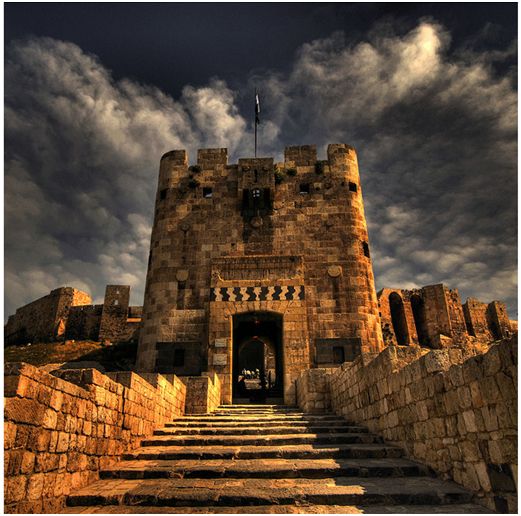
Why Has Violence Erupted in Southern Syria?
The violence in Sweida did not arise overnight. The region, predominantly inhabited by the Druze—a minority religious group making up about 3% of Syria’s population—has long maintained a precarious relationship with the central government. The recent flare-up reportedly began with a chain of retaliatory kidnappings and localized attacks between Druze militias and Sunni Bedouin tribes. The situation quickly spiraled out of control.
In response, the interim government in Damascus dispatched military forces to the region. However, rather than restoring calm, this move inflamed tensions. Deep-rooted mistrust between the Druze and the Sunni-led Islamist transition government—stemming from years of sectarian tension and violence—ignited fierce resistance. Unverified reports of government forces conducting door-to-door raids and civilian executions further fueled fears of mass atrocities, drawing parallels to previous attacks on the Alawite community earlier in the year.
Israel’s entrance into the fray began with precision strikes on Syrian tanks operating in Sweida, eventually escalating into aerial bombardments on Damascus itself. Israeli officials claimed the military action was intended to protect the Druze community from potential massacres. Yet within Syria’s Druze community, opinions remain divided. While some welcomed the intervention, others questioned Israel’s long-term motives.
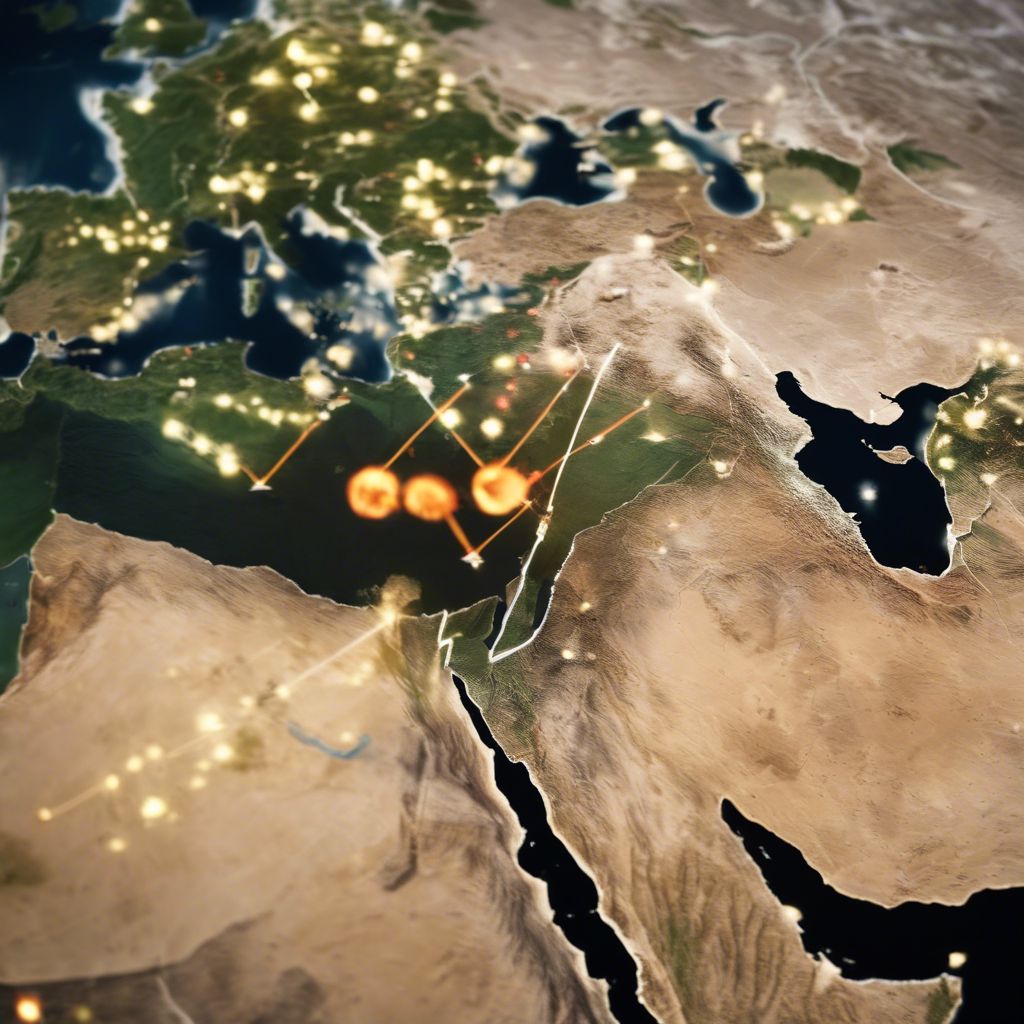
What Does This Mean for Post-Assad Syria?
This eruption of sectarian conflict exposes the deep fissures threatening Syria’s fragile political transition following the ousting of President Bashar al-Assad in 2024. Interim President Ahmed al-Sharaa is now grappling with a landscape fraught with ethnic and religious divisions, poorly integrated militias, and a political system still struggling for legitimacy.
There are four major challenges Sharaa’s government faces:
- Distrust Among Minority Communities: The Druze, Kurds, and other minorities remain wary of the Islamist-leaning central government, which has so far failed to build inclusive mechanisms or provide equitable representation.
- Unregulated Armed Groups: Many militias, particularly those representing minorities, have refused to integrate into the new national military. These autonomous armed groups continue to wield substantial power on the ground, undermining national authority.
- Radicalized Elements Within the Coalition: Some factions within the transition government’s broader coalition—especially foreign fighters and ideological hardliners—operate outside formal command structures, complicating efforts to maintain order.
- Vulnerability to External Interference: Israel’s strikes underscore Syria’s vulnerability to foreign intervention, a reality that will persist until internal security is restored and borders are better controlled.
Sharaa’s ability to manage these challenges will define Syria’s path forward. Without a commitment to meaningful reform and inclusive governance, Syria risks descending into further fragmentation.
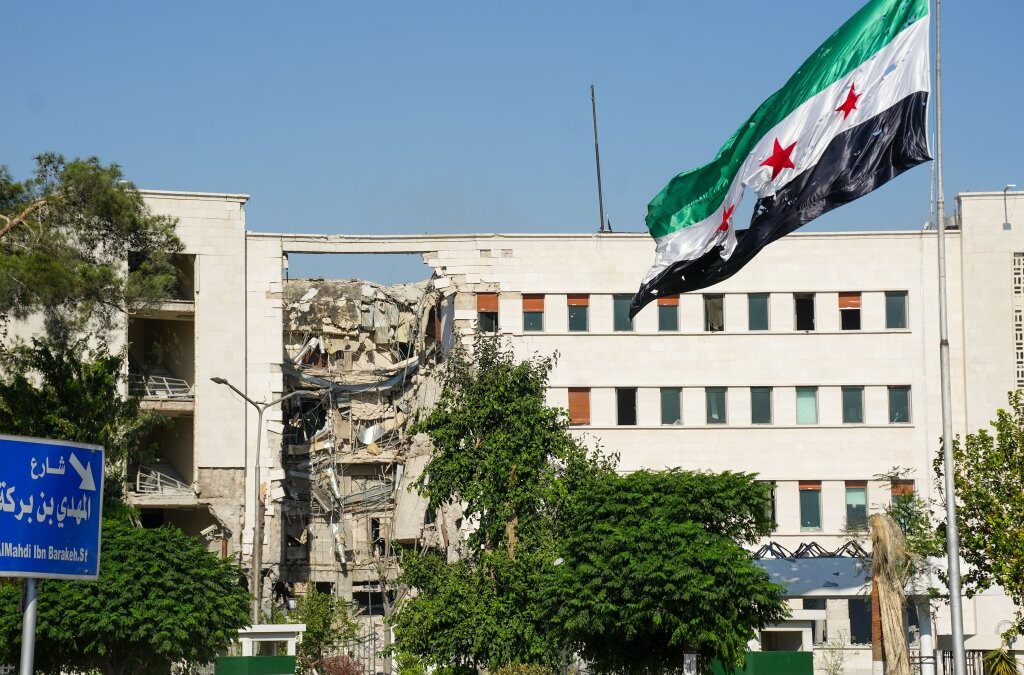
The Role of the United States: A Mediator and Influencer
In the aftermath of Israel’s strikes, the United States played a key role in mediating the July 16 ceasefire between Druze leaders and government forces. The Trump administration views Syria’s new leadership as pivotal to its regional strategy—a bulwark against Iranian influence, a potential partner in peace efforts with Israel, and a stabilizing force in a historically volatile nation.
Washington’s unwavering support for Sharaa—including the recent lifting of economic sanctions—has strengthened the transition government’s international standing. However, it has also shielded Sharaa from internal and external pressure to reform. Rather than pursuing genuine reconciliation or institutional reform, Sharaa has relied heavily on coercion to enforce order, alienating large segments of the population.
Some Arab states, while tentatively supportive of the transition, remain skeptical. They argue that U.S. influence is essential not just in military matters but also in steering Syria toward a more inclusive and accountable political system. Only then, they assert, will regional powers commit meaningful financial and diplomatic support to Syria’s recovery.

Regional Fallout: A Delicate Balance of Power
Israel’s actions have reverberated across the region. Arab states, already cautious of Tel Aviv’s growing military footprint, now fear a precedent where Israel conducts cross-border strikes with impunity. This perception has driven some Gulf states to preserve their diplomatic channels with Iran as a hedge against what they view as unchecked Israeli aggression.
Syria’s instability threatens to derail broader regional ambitions. Many Gulf states, particularly Saudi Arabia and the UAE, have tied their futures to economic diversification and modernization strategies—goals that depend heavily on regional stability. A destabilized Syria not only threatens to spill violence across borders but also disrupts key trade, energy, and infrastructure initiatives.
Despite mixed feelings about the Sharaa government’s Islamist roots, several Arab governments see him as the most viable option for restoring order. However, their support is contingent upon concrete steps toward inclusion, power-sharing, and national reconciliation—steps that have yet to materialize.
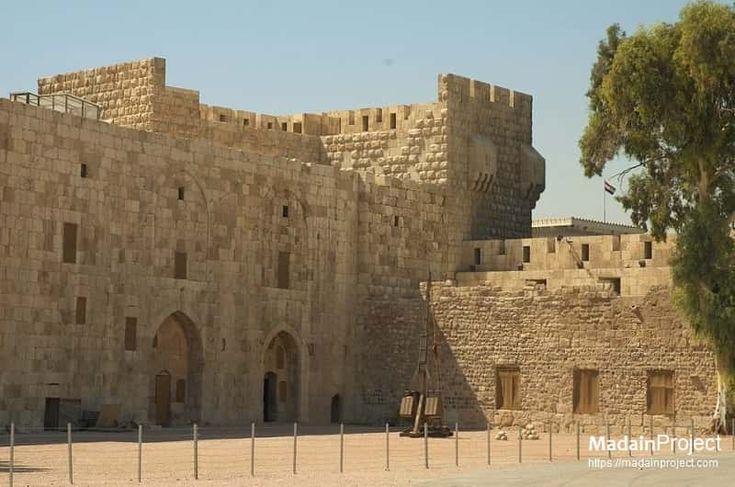
Conclusion: A Tense Pause in a Fragile Transition
The ceasefire announced on July 16 offers only a reprieve. Southern Syria remains on a knife’s edge, with deep-seated mistrust, armed factions, and external actors all poised to reignite conflict. President Sharaa faces a monumental task—restoring order, integrating armed groups, and building a state that respects Syria’s complex sectarian and ethnic makeup.
Meanwhile, Israel’s military involvement signals a new phase in the regional security landscape—one where cross-border interventions may become more frequent. And while U.S. diplomacy has so far helped to contain the violence, its long-term success will depend on holding Syria’s leaders accountable to the principles of inclusive governance and justice.
The coming weeks will test the resilience of Syria’s fragile peace and the resolve of its new leaders. For now, the people of Sweida—and Syria at large—wait in uneasy silence, hoping the ceasefire holds and that the promise of peace is more than just another pause before the next storm.
Stay informed at worldaffair.org
Author Profile
- Syed Tahir Abbas is a Master's student at Southwest University, Chongqing, specializing in international relations and sustainable development. His research focuses on U.S.-China diplomacy, global geopolitics, and the role of education in shaping international policies. Syed has contributed to academic discussions on political dynamics, economic growth, and sustainable energy, aiming to offer fresh insights into global affairs.
Latest entries
 U.S. Foreign PolicyFebruary 2, 2026AI and Grand Strategy: The Case for Restraint – Navigating the Future of American Power
U.S. Foreign PolicyFebruary 2, 2026AI and Grand Strategy: The Case for Restraint – Navigating the Future of American Power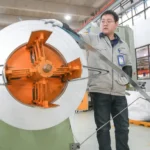 National SecurityJanuary 31, 2026Treating China’s Connected Energy Systems as a National Security Risk
National SecurityJanuary 31, 2026Treating China’s Connected Energy Systems as a National Security Risk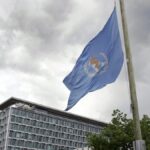 Global HealthJanuary 29, 2026The Future of the WHO—and How the United States Can Shape It
Global HealthJanuary 29, 2026The Future of the WHO—and How the United States Can Shape It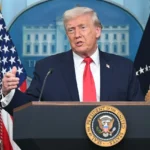 Global TradeJanuary 22, 2026Trump Cancels Tariffs on European Nations Over Greenland Pursuit?
Global TradeJanuary 22, 2026Trump Cancels Tariffs on European Nations Over Greenland Pursuit?

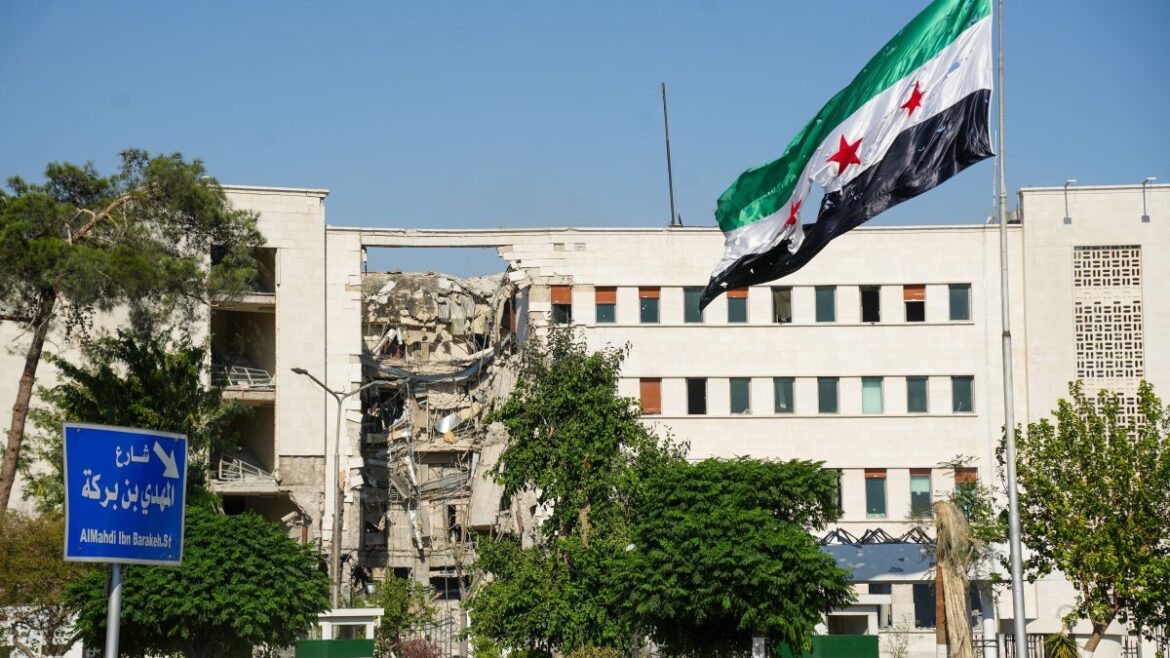

8 comments
Greetings! I know this is kinda off topic however I’d figured I’d ask. Would you be interested in exchanging links or maybe guest writing a blog article or vice-versa? My blog addresses a lot of the same subjects as yours and I think we could greatly benefit from each other. If you might be interested feel free to send me an e-mail. I look forward to hearing from you! Awesome blog by the way!
Some genuinely nice stuff on this website , I like it.
Howdy! Do you use Twitter? I’d like to follow you if that would be ok. I’m undoubtedly enjoying your blog and look forward to new posts.
I¦ve been exploring for a little for any high-quality articles or weblog posts on this sort of space . Exploring in Yahoo I eventually stumbled upon this website. Reading this info So i am satisfied to convey that I’ve a very excellent uncanny feeling I found out exactly what I needed. I so much no doubt will make sure to do not forget this site and give it a look on a relentless basis.
Most of the things you articulate is astonishingly legitimate and that makes me wonder the reason why I had not looked at this with this light before. Your article truly did switch the light on for me personally as far as this specific subject goes. However there is actually one particular position I am not really too comfortable with and while I attempt to reconcile that with the main theme of your point, permit me observe exactly what the rest of your visitors have to point out.Very well done.
There is apparently a bundle to realize about this. I assume you made certain good points in features also.
Virtually all of whatever you state is supprisingly accurate and that makes me ponder why I had not looked at this with this light previously. This particular article really did switch the light on for me as far as this subject goes. However there is just one factor I am not necessarily too comfy with and whilst I make an effort to reconcile that with the actual main idea of the position, allow me observe exactly what the rest of the readers have to point out.Nicely done.
The next time I read a blog, I hope that it doesnt disappoint me as much as this one. I mean, I know it was my choice to read, but I actually thought youd have something interesting to say. All I hear is a bunch of whining about something that you could fix if you werent too busy looking for attention.